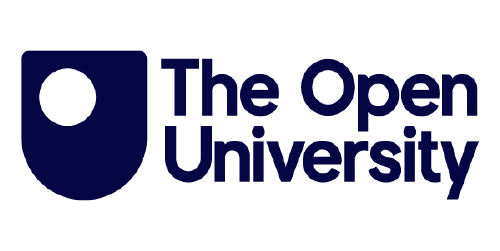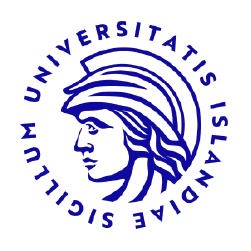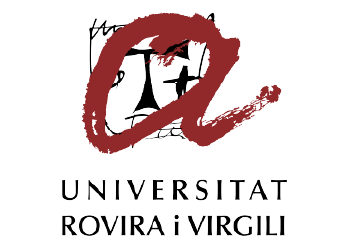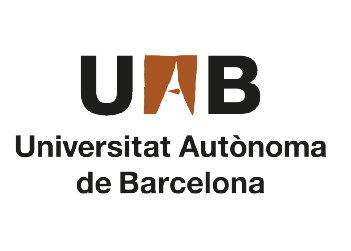Gender Equitable Interactions Online
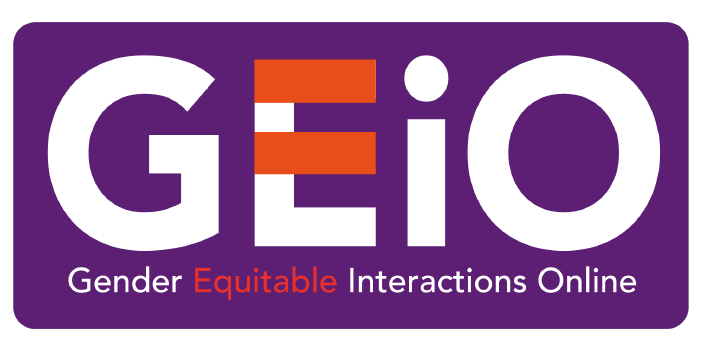
The Gender Equitable Interactions Online (GEiO) project studies the role of gender in online work meetings across four nations (Germany, Iceland, Spain and the UK). Research exploring how gender becomes relevant to videoconferencing at work remains in its infancy. Existing investigations suggest that, with the exponential rise in digitally mediated working patterns and new reliance on videoconferencing platforms, there is increasing opportunity for organisations to enhance their strategies for more inclusive online interactions.
A key aim of this project is to build new transnational data on ways in which digital videoconferencing innovations can either encourage or inhibit gender equity in the workplace. We will be working with international corporations in each of the above partner countries. Participating corporations will have the opportunity to use our framework to reflect on their current practices and to develop a series of evidence-based guidelines to help meet their organisational objectives around Inclusion.
Three different and complementary methods will be used to explore gendered processes in this context.
- The first study will use video-recordings of online work meetings to make sense of conversational patterns.
- The second study will explore shared understandings of digital working.
- The third study will capture social perceptions of videoconference meetings.
By approaching the data both by study and by country, this methodological design will facilitate opportunities for cross-national sharing of what has worked well and any ideas for addressing any commonly identified barriers. The research findings will provide a firm basis for knowledge exchange with private sector organisations to develop evidence-based training on digital gender inclusivity.
An accredited micro credential training course on gender equitable interactions online will be produced and openly available to interested organisations. It will be translated into the languages used in each of the partner locations to support good organisational practice.
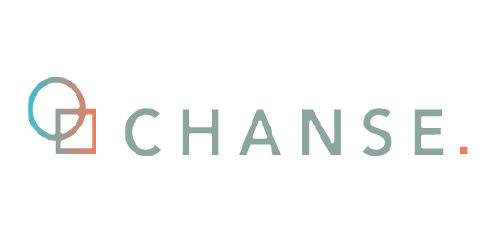
Funded by EU Commission Grant CHANSE
Project GEiO is supported by UKRI, BMBF in Germany, AEI in Spain and RANNIS in Iceland under CHANSE ERA-NET Co-fund programme, which has received funding from the European Union’s Horizon 2020 Research and Innovation Programme, under Grant Agreement no. 101004509
Partners
